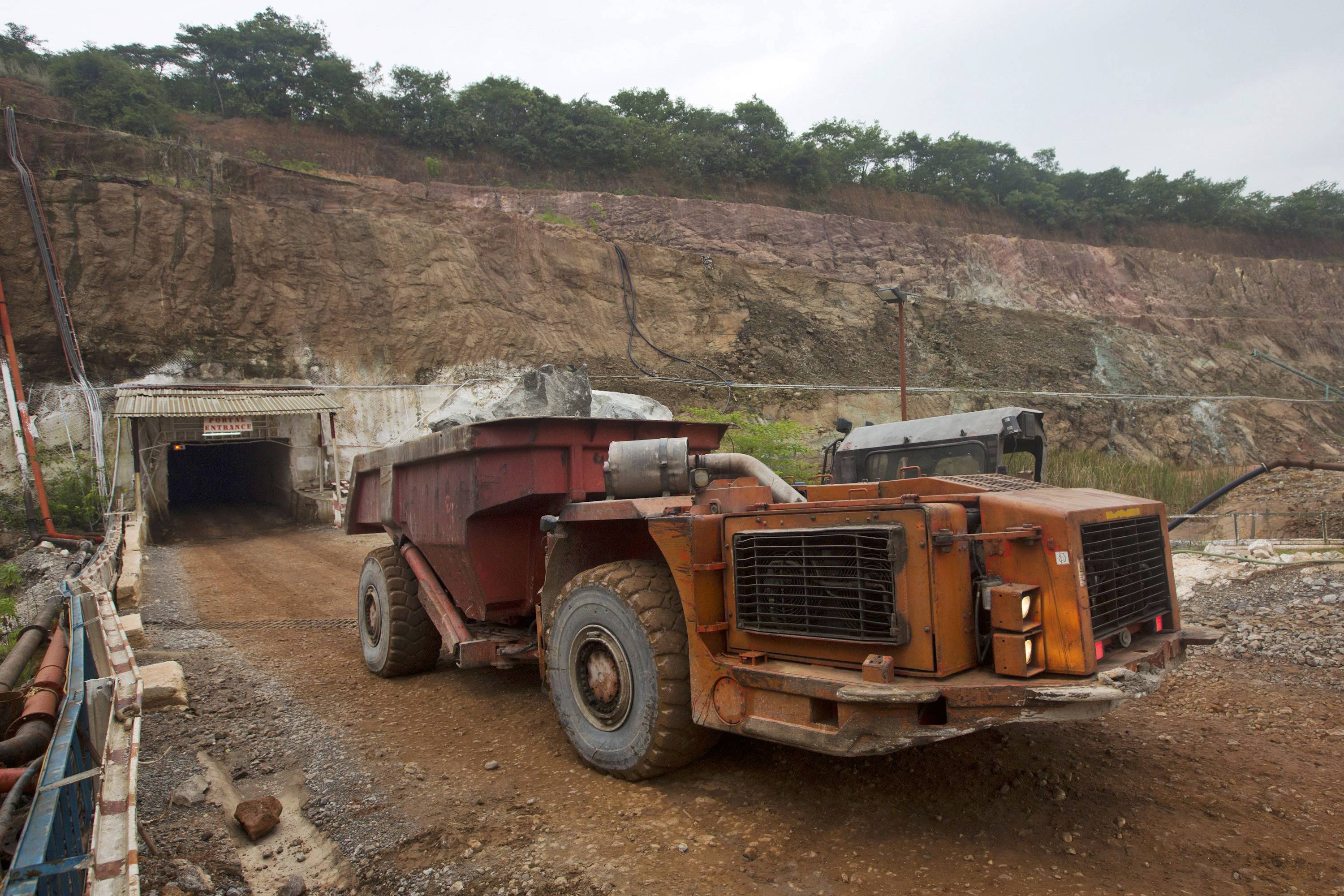Zambia has been careening toward a debt debacle for months, even years. Now it has become the first African nation to default on sovereign payments since the pandemic began. That’s bad news for everyone involved, from the bondholders who refused to agree to a standstill, to Chinese lenders, multilateral institutions and the government. A protracted restructuring lies ahead. More transparency might have helped all parties, including Beijing.
Emerging markets have been battered this year, as the price of oil and other commodities came crashing down once coronavirus took hold. Tourism revenue dried up, while lockdowns and other costly restrictions were imposed. Sub-Saharan Africa will see its economy shrink 3.3% in 2020, according to the World Bank, the region’s first recession in 25 years. Enthusiastic borrowers like Zambia have come under severe pressure. In October, Lusaka missed a $42.5 million interest payment on a dollar-denominated bond, prompting a grace period to kick in. That expired Friday, giving bondholders the right to demand immediate repayment.
Africa’s second-largest copper producer has been closely watched as a test case in the global post-coronavirus debt mess. With $3 billion of outstanding eurobonds, it had sought shelter as part of the Group of 20’s debt service suspension initiative, or DSSI, for low-income countries. Bondholders dug in their heels. Finance Minister Bwalya Ng’andu said Friday the country had no alternative but to "accumulate arrears.”



















With your current subscription plan you can comment on stories. However, before writing your first comment, please create a display name in the Profile section of your subscriber account page.